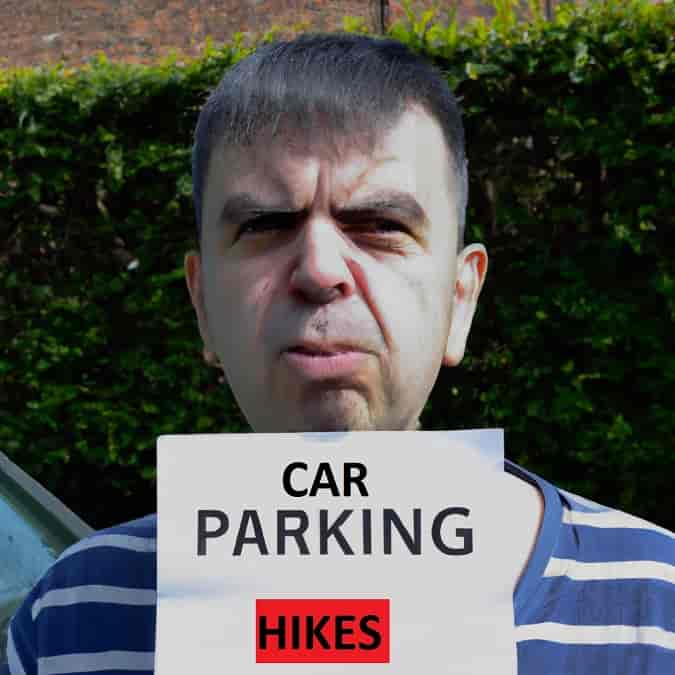The rocketing cost of car parking prices has hit working people all over the country.
Recent reports from places as far apart as Slough, Bristol and Plymouth have seen cash-strapped councils raise parking fees. But the changes have been criticised by small business owners – many of whom are suffering a drop in footfall on top of spiralling running costs.
Plymouth City Council increased the price of on-road parking tickets by 50 pence to £2 an hour at the end of last year. But business owners in the historic Barbican area of the city say that officials did not consult them about their decision – a claim hotly denied by the council.
Meanwhile, there are calls for Windsor to offer better discounts to residents who want to do their shopping in the town centre. Under current plans, the council could charge up to £9.10 for two hours’ parking at the River Street Car Park.
The local Liberal Democrat leader, Simon Werner, described the charges as ‘extortionate.’
He went on to say that ‘the residents deserve to pay proper amounts for parking and not pay the same as the tourists. £9.10 is right [for tourists] but for the residents to have to pay that I think is a disgrace, and we absolutely commit to really improving the residents’ discount, especially in Windsor, but also in Maidenhead.’
Despite some areas managing to push through price hikes, there have been a number of cases of councils forced to amend their plans. A wholesale shakeup of parking charges was scrapped by Cleveland and Redcar Council, after local outrage forced a climbdown.
The changes would have seen a raft of parking charges, as well as an increase in the price of residents’ parking permits and replacement bins.
Philip Thomson, an independent councillor representing Saltburn, said: ‘I am delighted that the administration has taken note of residents’ concern about introducing astronomic increases in charges at a time of great hardship being experienced by so many.’
But council chief Mary Lanigan, said: ‘The Government has talked about a 9% increase in spending power – that figure is dependent on council tax bills going up by 5%.
‘Since 2010, we have had to find savings of around £100m and, as a result, we have around 1,000 fewer staff, but the demand for our services continues to grow.’
The Workers Union Says…
The saying nothing in life is for free has never been more relevant than it is now. Many working people are already struggling to make ends meet, as rocketing food, fuel and energy prices erode household budgets. Meanwhile, small business owners – such an important source of local employment opportunities – are desperately trying to keep costs down and remain profitable without laying off staff.
In a country where the car remains the most convenient, useful option for getting around, raising parking charges may provoke an exclusive switch to online shopping. This will have devastating effect on small businesses and the people that staff them. It will also hit commuters hard where there is little to no on-site company car parking.
Of course, with so many services to fund and an escalating cost base, councils are faced with a host of difficult decisions. But local politicians must work with regional and national leaders to ensure that working people avoid paying for the shortfall.




